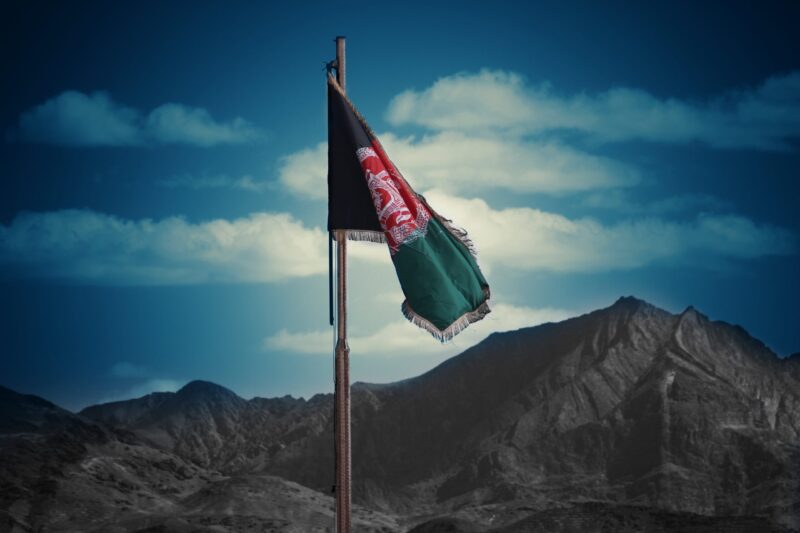
This week I was in the Chamber for questions of the progress of women and girls in Afghanistan. The Taliban takeover is a tragedy for Afghanistan, marking the single biggest reversal in the rights of women and girls in a generation.
The rollback of women and girls’ rights since the Taliban came to power has been devastating. There are now severe restrictions to women’s freedom of movement, right to education and right to work.
In March 2022, girls in Afghanistan were barred from attending secondary school. Shortly thereafter women were barred from travelling more than 48 miles without a male guardian, and that requirement in May 2022 was extended to any time a woman leaves her home. Despite that rule, men and women could not mix and were banned from dining out together or public spaces such as parks at the same time. That de facto ban is now formalised in all public recreation spaces.
In December 2022 there were a series of assaults on the ability of Afghan women to work. They may not attend university, teach or work with non-governmental organisations. They may not undertake any public office. The Ministry of Women’s Affairs has been disbanded and replaced by the Ministry for the Propagation of Virtue and the Prevention of Vice. Women are required to wear a full body veil. The UN estimates that excluding Afghan women from work costs the country up to $1 billion a year, or roughly 5% of GDP.
But this is not just an economic disaster – it is also a moral tragedy.
The majority of women in Afghanistan are only allowed to see female health professionals and case workers, and girls can only be taught by female teachers. The restrictions on the right of female Afghan aid workers to work is creating a huge challenge in reaching many female-headed household, with even a 1-2 week delay increasing the risk of families resorting to negative coping mechanisms, including forced marriage and labour.
During the fall of Kabul in 2021, I was contacted by hundreds of constituents concerned for their loved ones. Their stories were heartbreaking – exceptional women, who were aid workers, Olympians and politicians who had been abandoned by the British government in a withdrawal the cross-party Foreign Affairs Committee called “a disaster in terms of planning, execution, and consequences” and “a betrayal of our partners in the country”.
Where Britain was once a leader, we are now bystanders. UK policy in Afghanistan has remained piecemeal, uncoordinated and inadequate to lift the Afghan people out of protracted crisis, nor influence the wilful destruction of basic rights and freedoms of Afghan women, girls and minorities.
Labour would do things differently. We will fix the Home Office meltdown with our comprehensive plan to tackle channel crossings, reform resettlement routes, break up the criminal people-smuggling gangs and address the root causes of humanitarian crises and poverty. In partnership with allies, a Labour Government would develop a strategy of pragmatic diplomatic and development engagement with the de facto authorities to help to restore Afghanistan’s economy, uphold women’s rights and save lives.
Late last year, Malala Yousafzai asked the Prime Minister to lead calls for a Global Summit for Afghan Women and Girls. Eight months later, the situation in Afghanistan has gone from bad to worse, but Ministers are reportedly sitting on their hands. It’s critical that the international community refocuses on the horrors facing female Afghans – or we risk letting 20 years of progress go to waste.

